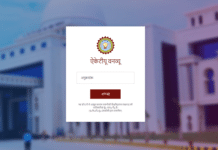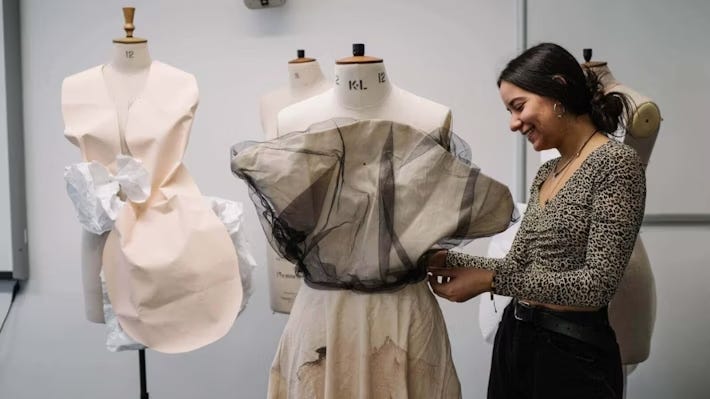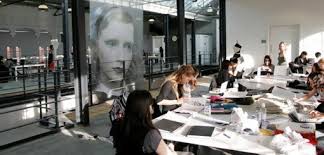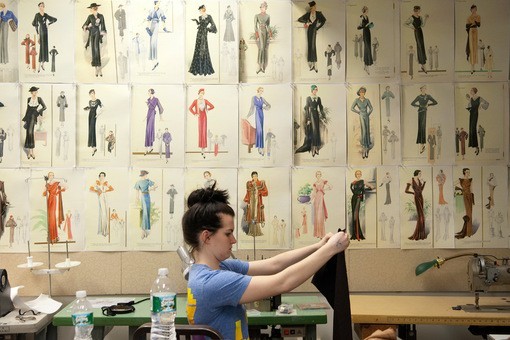Fashion has become an essential component of modern society, including art, culture, and identity. India is a country known for its rich textile history and diverse cultural tapestry and the fashion industry here has grown rapidly in recent years. This spike in demand for fashion professionals has resulted in the establishment of various educational institutions that provide specialized courses in fashion design, merchandising, marketing, and management. Let’s explore the development of fashion education in India and the various job opportunities it offers to aspiring fashion enthusiasts.
Several factors have played a role in the expansion and evolution of India’s fashion industry, which has led to an increase in fashion education. A major aspect is the Indian economy’s growing globalization and liberalization, which has allowed for greater exposure to international fashion trends and practices. This exposure has created a demand for skilled personnel capable of navigating the complexity of the global fashion market and contributing to India’s international footprint. The growing influence of Indian designers and brands on the global fashion sector has reignited interest in fashion education among Indian youth. As Indian fashion designers gain recognition and praise for their innovative designs and creative vision, aspiring fashion enthusiasts are inspired to pursue formal education and training to hone their abilities and advance their careers in the industry.
Fashion Education Curriculum
Today, India has a solid network of fashion institutes and universities that provide a wide range of courses related to several aspects of the industry. Many renowned universities provide complete training programs that integrate theoretical knowledge with practical skill development, equipping students for jobs in fashion design, merchandising, styling, and various others. Fashion education in India consists of a comprehensive curriculum aimed to provide students with a wide range of skills and information necessary to succeed in the dynamic fashion industry. Along with core disciplines like design theory, garment construction, and textiles, students also study specialized areas that address the industry’s changing needs. Students also delve into areas such as fashion history, trend forecasting, sustainability, and marketing, gaining a holistic understanding of the fashion industry’s intricacies. Moreover, many fashion institutes offer specialized programs in niche areas such as bridal wear, knitwear design, accessory design, fashion journalism, and luxury management.
Career Prospects
The fashion industry in India provides various employment opportunities, making it a desirable field for aspiring individuals. Graduates of fashion education programs can work as fashion designers, creating clothing collections for fashion brands, couture houses, or their own labels. They can also opt to specialize in textile design, which involves creating fabric designs and themes for clothing, home furnishings, and accessories. Merchandising and retail management are also common career paths in the fashion industry. Merchandisers collaborate with designers and buyers to create and implement product assortments, analyze market trends, and improve inventory management tactics. Retail managers, on the other hand, oversee the operations of fashion stores and boutiques, guaranteeing a consistent customer experience and maximizing possible sales.
Fashion marketing, branding, and public relations also provide exciting job opportunities for people with great communication and artistic skills. Marketing experts create plans to promote fashion labels through advertising campaigns, social media engagement, and influencer collaborations, whereas public relations specialists nurture relationships with media outlets and handle press events to generate conversations about fashion collections. Additionally, the increased emphasis on sustainability and ethical fashion has created new career opportunities in fields such as eco-friendly design, textile recycling, and supply chain management. Graduates with a background in sustainable fashion can help reduce the negative environmental impact of the fashion industry while also supporting ethical practices throughout the supply chain.
Challenges and Opportunities
While the fashion field in India offers numerous opportunities for professional advancement and creativity, it also has its share of obstacles. Intense rivalry, rapidly changing consumer preferences, and the need to stay current on worldwide trends are some of the challenges that aspiring fashion professionals might face. The COVID-19 epidemic has also disrupted the fashion industry, requiring businesses to adapt to shifting consumer behavior and digitalize their operations. These obstacles present many opportunities for invention, entrepreneurship, and collaboration. The growth of e-commerce and social media has democratized fashion, allowing aspiring designers and brands to reach international consumers with limited resources. Programs like ‘Make in India’ and ‘Vocal for Local’ have also boosted the domestic fashion industry, generating a demand for local talent and craftsmanship.
In conclusion, Fashion education in India has evolved significantly, reflecting the country’s rapidly growing and diversifying fashion industry. Aspiring fashion professionals have access to a vast selection of educational choices, including traditional degree programs, online courses, and seminars that cater to a variety of interests and career goals. The comprehensive programs cover not only design and technical skills, but also sustainability, technology, marketing, and entrepreneurship, ensuring that students are fully prepared to navigate the complexity of the global fashion industry.





















